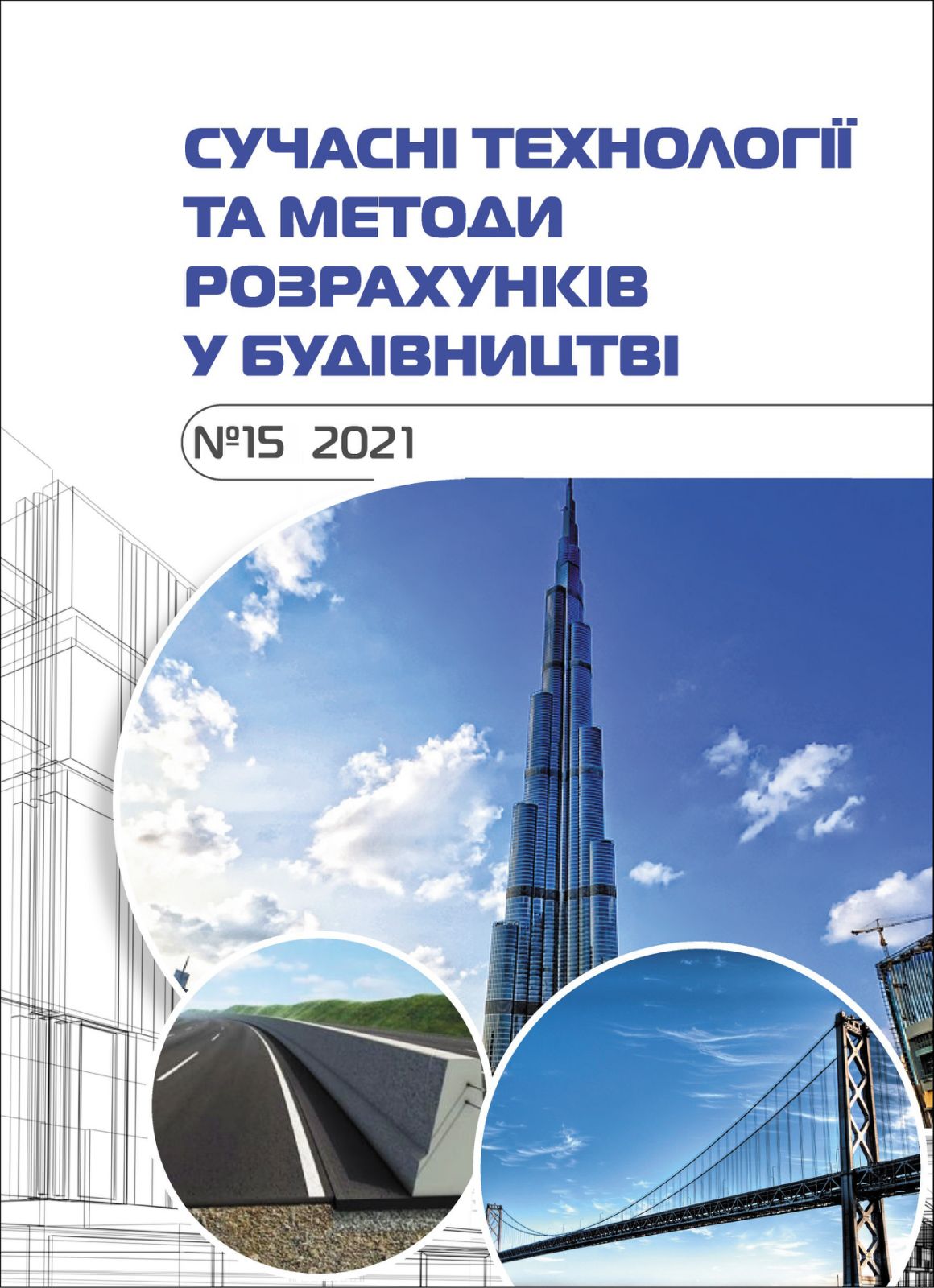Influence of type of water activation on Properties of cement dough and concrete
Abstract
Among the many ways to improve the preparation of concrete mix is to modify the properties of cement systems by mechanical, physical, chemical and combined effects. One of the directions of activation of the concrete mixture is the activation of its components, namely: electromagnetic, electrochemical and physics-chemical activation of mixing water. The most accessible and technological of them is the physics-chemical activation of water and aqueous solutions by certain organic substances used in ultra-low concentrations, followed by their use as a mixing fluid for building mixtures. The purpose of the study was to perform a comparative assessment of the effect of electromagnetic, electrochemical and physicochemical activation of water on the properties of cement paste and fine-grained concrete. To achieve this goal, the degree of influence of electromagnetic, electrochemical and physicochemical activation of water on the contraction and hardening time of cement paste, as well as the degree of influence of electromagnetic, electrochemical and physicochemical activation of water on compressive strength of fine concrete. It is established that the type of activation of kneading water affects the hardening time of the cement paste and the normal density. The shortest hardening times are set for cement paste, which is obtained on electro-chemically activated alkaline water, and the longest with the use of physics-chemical activation. At the same time, the highest strength at the lowest contraction has concrete, which is obtained on physics-chemical activated water. This concrete has the highest rate of strength. Concretes obtained on "alkaline" water, after its electro-chemical activation, have a high rate of strength formation and its value, but high contraction, which leads to cracking of concrete.








